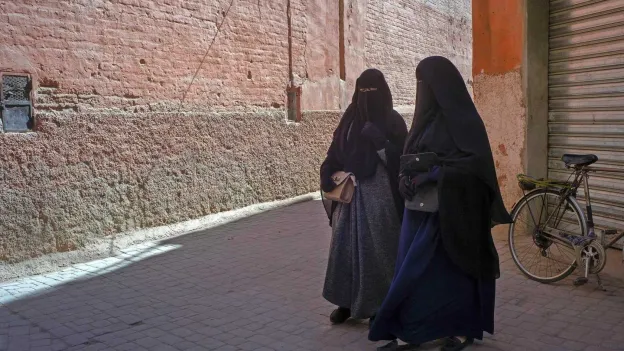
Iranian Regime to Set Up 'Special Clinic' for Women Not Wearing Headscarves

iran - The Iranian regime is increasing penalties for women not adhering to clothing regulations, setting up a special clinic for offenders.
The Iranian regime has announced plans to establish a 'special clinic' for women who do not comply with the mandatory hijab laws. Mehri Talebi Darestani, head of the Women and Family Department, stated that women who ignore the compulsory hijab laws will receive scientific and psychological treatments at the clinic. The orders for this initiative come directly from Ayatollah Ali Khamenei, the supreme religious leader in Iran, who considers it both politically and religiously forbidden for women to go outside without a headscarf.
This announcement comes at a time when strict clothing regulations, enforced in the country since 1979, are facing increasing criticism. Human rights organizations report a significant rise in arrests, disappearances, and business closures related to alleged violations of the hijab laws.
In a tragic incident, Mahsa Amini passed away at the age of 22 in a hospital on September 16, 2022, after being arrested by the morality police for not wearing a hijab. Her death sparked protests, with demonstrators calling for an uprising against Khamenei. The protests were violently suppressed, resulting in 500 fatalities and 22,000 other demonstrators being detained.
In another case, Ahoo Daryaei, a 30-year-old doctoral student, was detained in Tehran in early November for protesting in her underwear against the treatment she received from the security personnel at her university campus due to non-compliance with clothing regulations. Following her harsh arrest, which included physical violence, she was transferred to a psychiatric hospital.
Kianoosh Sanjari, a prominent human rights activist, took his own life this week after announcing on social media that he would commit suicide if the regime did not release four other activists still in custody following the protests triggered by Amini's death.
Amnesty International has previously highlighted Iran's practice of labeling demonstrators and political dissidents as 'mentally unstable.' According to the human rights organization, they are often forced to take pills and undergo therapy in psychiatric facilities. The establishment of the special treatment clinic is seen as the official endorsement of this approach. Some women in Iran view the clinic as a prison. Iranian human rights lawyer Hossein Raeesi argues that such a clinic is 'neither Islamic nor in line with Iranian law.'


Leave a comment